I Talked To An Animal: My chat with drummer John Steel (of The Animals)
In a bit of bonus content for all subscribers and readers I offer up my interview with John Steel, founding member of The Animals.
I don’t often do interviews anymore, I don’t have as much time as I’d like — and who reads them anyway, right? All people are looking for is easy/lazy copy; a cheap plug…
But then I get a message asking if I’d like to talk to John Steel. Drummer and founding member of The Animals. He’s touring New Zealand in March with his version of The Animals, the only dedicated unit playing all of the hits under the original banner name. Yes, yes, I know what you might be thinking: One original member. And it’s the drummer. But also, it’s The Animals! And it’s John Steel! I fucking love The Animals. I fucking love John Steel. I can’t believe my luck. As a 12-year-old, The Most of The Animals was the first compact disc I ever heard. My parents were late to the CD revolution, but eager to rebuild their record collection on the new format. My dad had played in a band that had covered House of The Rising Sun and Roadrunner and We Gotta Get Out of This Place and some of the other songs The Animals first covered and made their own.
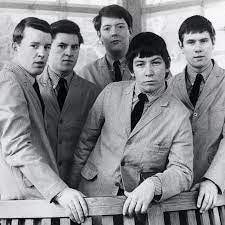
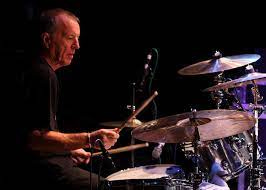
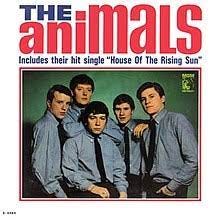
When I first started to learn to play the drums, it was Ringo and Charlie Watts and Mick Fleetwood and many of the others from the British Blues Boom that captivated me. But it was also John Steel. That name wasn’t as obvious as the others. And Steel played with no flash whatsoever. Meaning I loved him at first, and then returned to the simplicity of his sound with time. It somehow means even more now.
And I tell him all of this — as quickly as I can — figuring it best to just open with a fan-gush.
The line goes dead. Immediately. And I’m thinking I totally botched this! I call back, and am greeted with Steel’s warm laughter.
”What happened there?” He asks. We’d got as far as general introductions and pleasantries and then I’d used the phrase, Your music literally changed my life. And I was convinced he had hung up in either disgust or embarrasment. (Or both?) I go with disgust, telling him that, from my end, what happened is I raved about his band and his simple, always-on-the-beat drumming, and out of sheer embarrasment, he decided to hang up…
There’s the international phone delay, of course…and then a huge roar of laughter from Steel. Phew! We are, finally, away…
John Steel is 83 and he is still playing the songs he learned in his very early 20s. He still loves them. And, as he points out, “Why not? I’m still very fit. And healthy. And able to. Why wouldn’t you want to do that, if you could?” Throw in a bit of classic British self-deprecation too: “Also, I was never really that good at playing, so it’s a really simple thing I do and I can still remember how to do it”. There’s a pause, and then for good measure — and in perfectly timed musical measure, “for now, anyway”. It’s like he provides little cymbal crashes at the ends of his sentences.
Think of how the bell of the ride cymbal is struck in the intro to We Gotta Get Out of This Place, a little accent on the riff. Thoughtful, adding warmth and colour, and never getting in the way. That’s indicative of how John Steel is to talk to, that’s indicative of his overall attitude to playing.
Steel, famously wasn’t a drummer. He grew up loving the post-war trad-jazz, and played trumpet. Eric Burdon (Animals vocalist) was his teenage mate. That relationship’s gone sour now, but Steel still speaks fondly of him as a musician, agreeing that Burdon’s voice was the powerful energy at the heart of The Animals, adding that each of the players offered the correct bits of their personality to make the band sound as it did. You had the arranging flair of organist Alan Price, the skiffle, folk, and blues stylings of guitarist Hilton Valentine, and Chas Chandler on bass. Steel jumps in full of delight about all of the footnotes associated with the band. In the case of Chandler, as Steel agrees, actually being an Animal was his footnote.
”Chas discovered Hendrix, made him a star really. I mean — that’s his life’s work right there. And all of those things, Alan Price’s other work, Eric Burdon’s solo material and other groups, all of it feeds into The Animals, and comes from us, and who we were”.
The Animals blazed bright over a couple of years in the mid-60s. They were there at the height of post-Beatlemania and the British Blues Boom, they were whisked around the country, sharing the bill with Little Richard and Ray Charles, and Chuck Berry; meeting Elvis and John Lennon and, alongside the likes of The Yardbirds and that little outfit, The Rolling Stones, they gave the British charts a thorough shakedown with a string of brilliant blues songs, recast for the white teens of the world.
And then it was over. And Steel played in pub-rock bands in the 70s, and The Animals had a couple of goes at reforming and creating new material (“And that was never that bad, but it wasn’t ever quite the same”) and he moved away from music entirely, recast himself as a businessman. But the call of music (a band called Eggs Over Easy) was strong. And after Animals reunions in 1977 and 1983, Steel has kept some version of the band alive in some way for one very simple reason. As he puts it, “I love it!”
He goes on to clarify that he loves the music — a wonderful by-product of that is getting to see the world. He loves the travel, getting out and about, he is grateful to meet fans, and acknowledges that along with previous band members, and many of his peers in the business, the original Animals fanbase is losing its members. “It’s bittersweet”, he says, reflective for a moment. Then changes course quickly to point out, “the original fans have passed the music on to their kids — like you were saying at the start with your parents — and in some cases even grandkids now…we are meeting people at the shows that are young and they just love The Animals. Also, the guys I have in this band, in their 40s and 50s, much younger than me, they are really great players. They are huge fans of the music. And they grew up listening to The Animals. A couple of them have said they can’t believe their luck, they could never have thought they’d be on stage singing songs by The Animals with one of the original members — in the band that is The Animals now”.
Steel is also very happy slipping back into storyteller mode to talk about the glory days. Once or twice, he’ll stop and say, “You’ll have heard this story already, Simon…” and I will always pounce on that and remind him, “Yes. But I haven’t heard if fromYOU, John!”
And it’s like a fireside chat. They record House of The Rising Sun in one take. In the middle of the night. During their tour supporting Chuck Berry. They are warming up, and they have the arrangement, taking a folk-blues song all the way back to church, and warming it up with that glorious — spooky — organ that folds itself over and over and winds around inside the guitar lick that opens.
”It’s the song that’s launched a million guitarists on the road to being a musician hasn’t it”, Steel says, with pride bounding out from deep inside the laugh. I point out that what captivated me was the drumming. Basically no fills, certainly no frills, and absolutely and only what was required for the tune.
”Well, thanks”, he says. And then — here comes his little cymbal crash — “I wasn’t bloody good enough to do anything extra now was I?” Huge laughter from both of us, and then back to the recording lore:
”That first take is what you hear. And I wrote a letter to my then-girlfriend, who later became my wife, and I still have the letter. She’d kept it all those years, and I told her we were up at two in the morning recording a song, and I was pretty sure it was maybe going to be a hit”. He laughs, and adds, “Of course it was. And more so than we ever imagined. And it changed my life”.
We both stop to let that sink in. And I bring up that The Animals’ decision to cover songs rather than focus on songwriting, created a situation where they made many definitive versions of songs. Even House, which continues to be covered.
”Yes, that’s very true”, John picks up. “And Eric was a wonderful blues singer, and Hilton was a great player, and we all very much loved the records, loved the songs we were playing — we weren’t trying to own them, but we were absolutely trying to honour them”. He then does another, “You’ll know this already”-bit. But I urge him to let me hear it from the horse’s mouth…
”We met Bob Dylan, and he loved our version of Rising Sun, which was just amazing, because of course it was on his very first album, as a simple folk thing on acoustic guitar, and he told us that our version — what we did to the song — was a bit part in his decision to ‘go electric’ and so that’s really an amazing case of full circle isn’t it? And you could say that he changed music with that move, so how wonderful to have played a tiny part in that.”
Steel’s stories are magical. Even the very simple ones.A chance encounter with hero Ringo Starr in a dressing room, and waving to John Lennon backstage in a TV studio. He continues to love and listen to the jazz that inspired him (Art Blakey, especially) and of course the rock’n’roll. Elvis. Chuck Berry. The Animals, and some of the bands that didn’t quite make it as far but were on the bill with them in the early days.
”It really was a magical time”.
And so, to one final tour down under. Steel says he loves New Zealand and Australia. And yes, he’s going to say that in an interview with a New Zealander, but it’s as believable as the lump in his throat I could hear when he recalls for the 1800th time the letter he wrote to the woman that was not then his wife; to the frustration but genuine love that is there when he contemplates Burdon and the, ahem burden of how it all is now vs. the friendship they had that started it all; and of course to all of that wonderful music that he still loves to serve.
Service is absolutely the word. Steel reckons his drumkit has only grown a very small amount since 1964 (“I might have added a cymbal, and maybe one tom”) and that is all he needs (“anything else and I wouldn’t know what to do with it”).
He still gets a smile on his face playing It’s My Life and Don’t Let Me Be Misunderstood and maybe especially House of the Rising Sun and We Gotta Get Outta This Place. “Those songs became part of the Vietnam movement, they’re part of the soundtrack — for people that were there, for people that lived through the coverage, and they’re on the soundtracks to TV shows and movies about that war and that era. That might be our legacy really. And I’m very proud of that”.
How could you not be?
The Animals Farewell Tour hits Wellington March 19 and Auckland March 20.

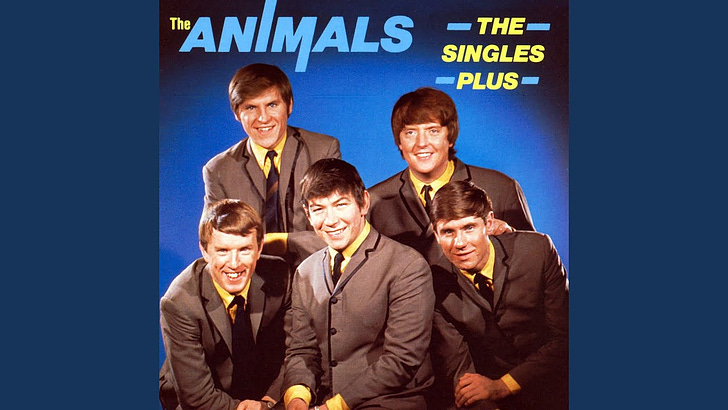


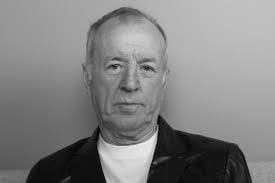
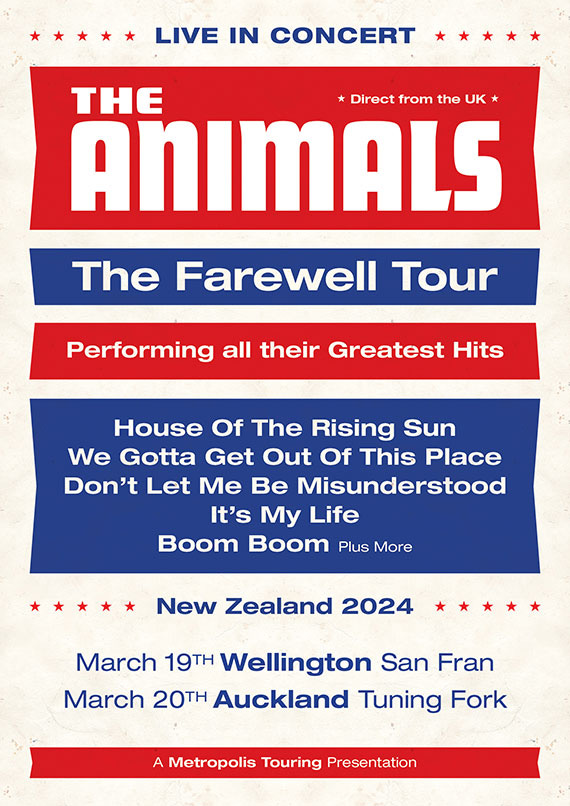
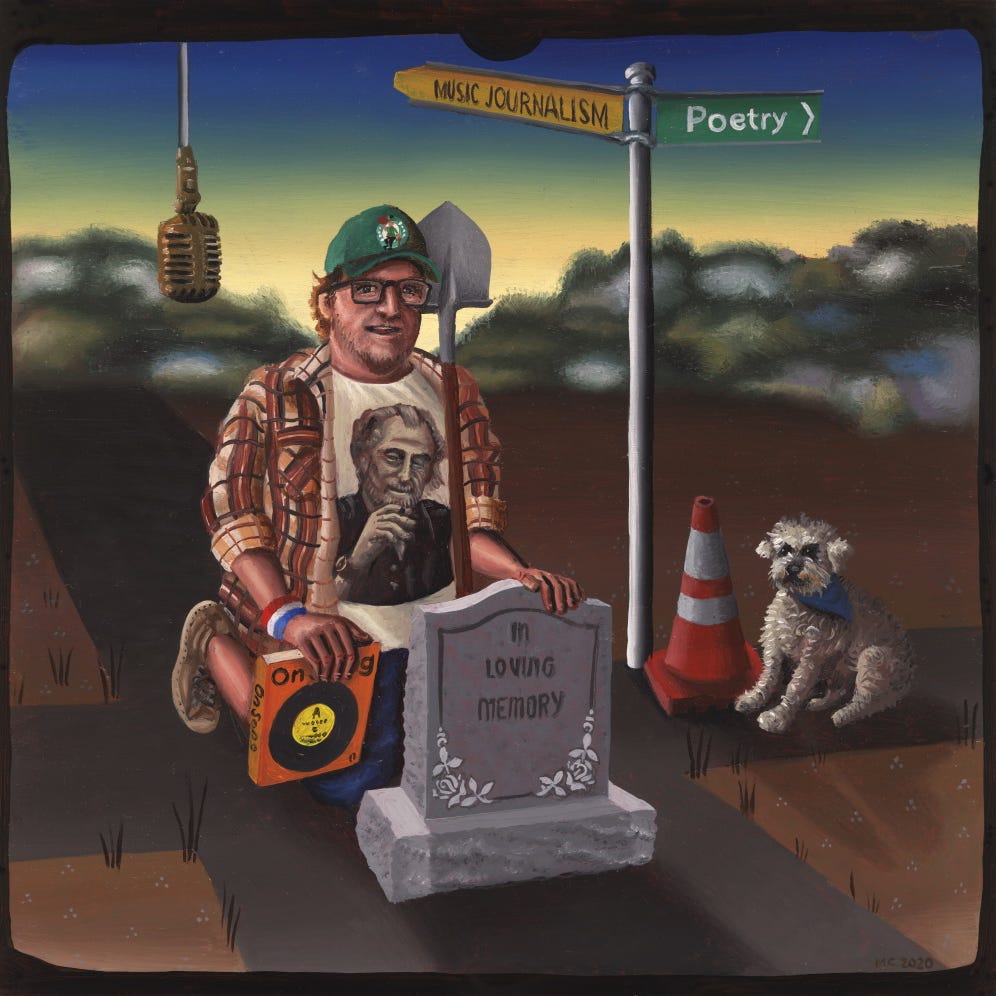
Posted to my whole whanau. Thanks for all the music to keep us sane and hopeful in 2024. Happy holiday. Is the parents music in your mind in an orange and brown sitting room? Mine is. But I’m much older than you🤣🎵🎵💐